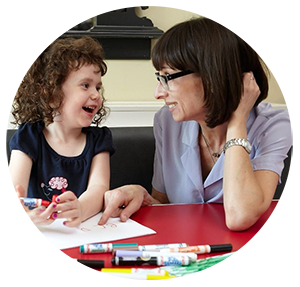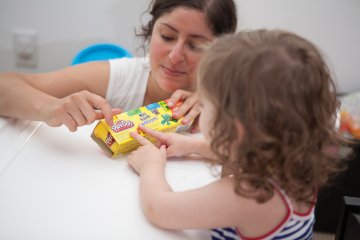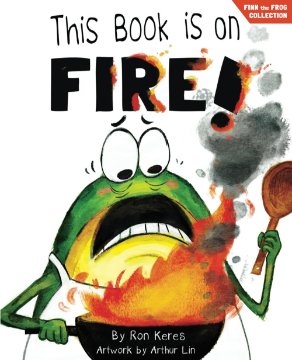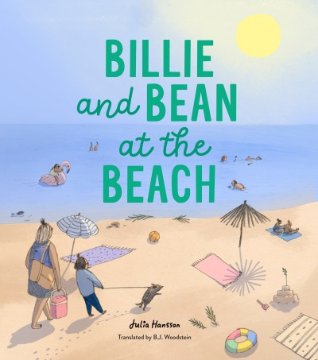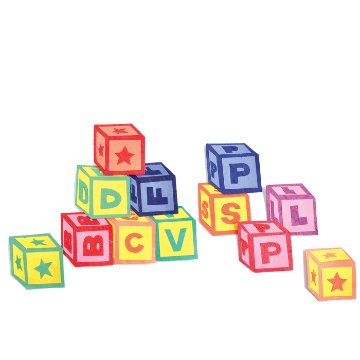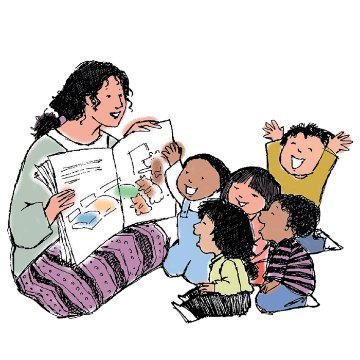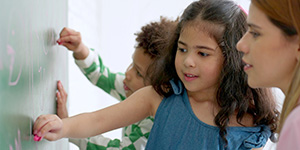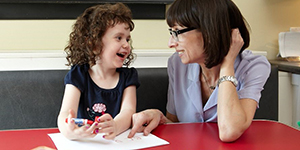


-
About
About Hanen
We’re a not-for-profit organization committed to supporting the important adults in young children’s lives to build the best possible language, social and literacy skills.
Learn More-
Who We Are
- Mission
- History
- Thought Leaders
-
Support
- Find a Hanen Professional
- FAQs
- Contact Us
-
-
Programs
For Parents & Educators
Small group trainings, led by Hanen-certified professionals, for parents and educators of young children.
-
For Parents
- It Takes Two to Talk®
- More Than Words®
- TalkAbility™
- I'm Ready™
-
For Educators
- Learning Language and Loving It™
- ABC & Beyond™
- Teacher Talk™
-
-
Training for Professionals
For Professionals
Online trainings for professionals who support parents or educators of young children.
-
e-Seminars
- Browse all e-Seminars
-
-
Information & Tips
Information & Tips
Practical, research-based information for nurturing the language, social and literacy development of young children.
-
LEARN MORE ABOUT...
- Language Delay
- Language & Literacy
- Autism
-
EXPLORE...
- Research on Hanen Programs
- Articles
- Tips
- Handouts
- Book Nook
-
-
Membership
Membership
Ongoing professional support to help you engage the most important people in a young child’s life to promote their language, social and literacy skills.
Learn More - Shop
